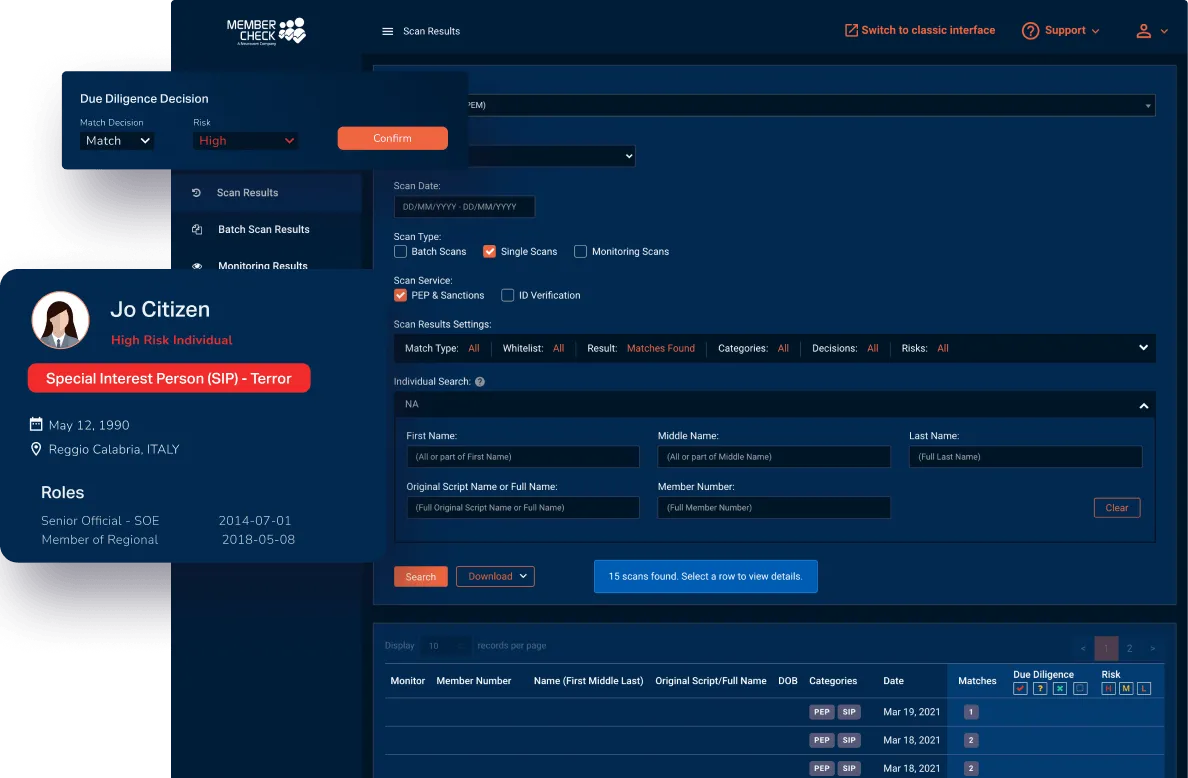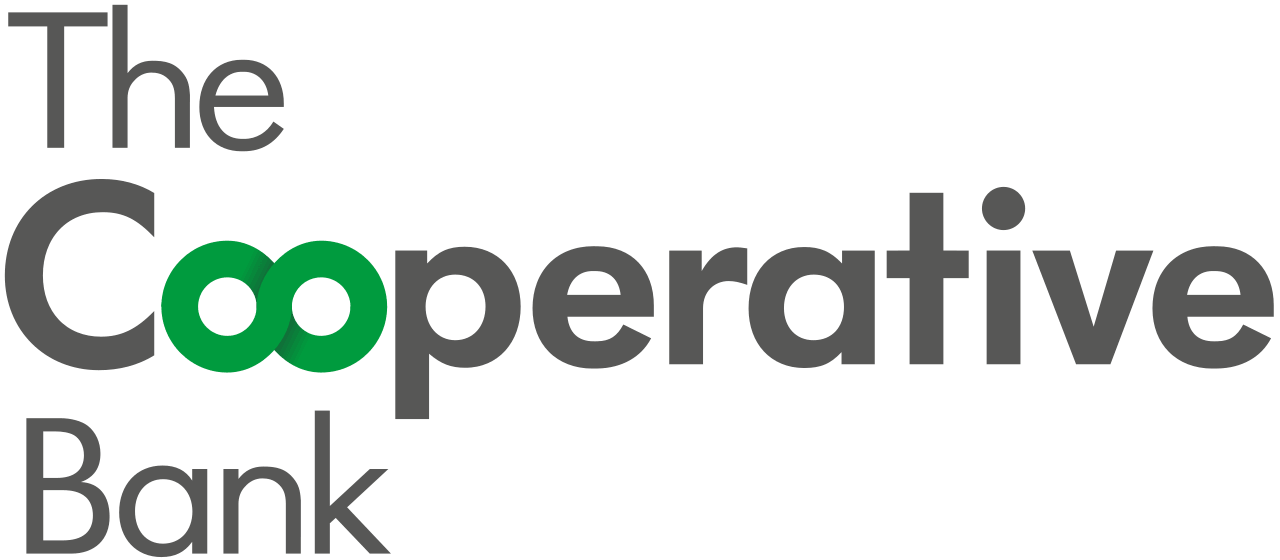AML/CTF regulations in The United Kingdom (UK)

AML/CTF supervisors in The United Kingdom (UK)
Financial Conduct Authority (FCA)
The FCA oversees banks, building societies, credit unions, investment firms, and other financial institutions. It enforces AML requirements under Proceeds of Crime Act 2002 (POCA), and the Money Laundering Regulations (MLRs), with authority to investigate and coordinate with the Crown Prosecution Service (CPS), the National Crime Agency (NCA), and His Majesty’s Revenue and Customs (HMRC).
His Majesty’s Revenue and Customs (HMRC)
Supervises non-financial sectors (Money Service Businesses (MSBs), real estate firms, accountants), conducts desk-based reviews and onsite visits (over 9,000 in 2023–24), and enforces compliance.
Gambling Commission
Monitors AML in gambling operators under the same frameworks.
Professional Body Supervisors (22 bodies)
Through Office for Professional Body Anti-Money Laundering Supervision (OPBAS), ensure consistent AML supervision covering lawyers, accountants, and other professionals.
National Crime Agency (NCA) & Serious Fraud Office (SFO)
Provide enforcement, asset recovery, sanctions, and prosecution under POCA and the MLRs.

AML/CTF reporting obligations in the UK

Suspicious Activity Reports (SARs)
Mandatory when there are reasonable grounds to suspect ML/TF involving identifiable persons or assets.

Regulated entity registration
By FCA, HMRC or relevant professional body.

Ongoing monitoring and record-keeping
Per MLRs and FCA SYSC requirements, including CDD documentation.

How to comply with the AML regulations in the UK
- Conduct a business-wide risk assessment under Regulation 18 & 18A of the MLRs.
- Develop an AML/CTF compliance program, including policies, controls, and governance (Senior Management & MLRO).
- Apply Customer Due Diligence (CDD/CIP), enhanced for higher-risk profiles.
- Train staff regularly in AML/CTF detection and reporting.
- File Suspicious Activity Reports (SARs) under POCA when money laundering is suspected.
- Maintain systems and controls per FCA’s Senior Management Arrangements, Systems and Controls (SYSC) rules, referencing Joint Money Laundering Steering Group (JMLSG) guidance.
- FCA Money Laundering Thematic Monitoring (MLTM) report:
Stressed money laundering risks in capital markets and encouraged use of AI tools and Joint Money Laundering Intelligence Taskforce (JMLIT) partnerships.



































